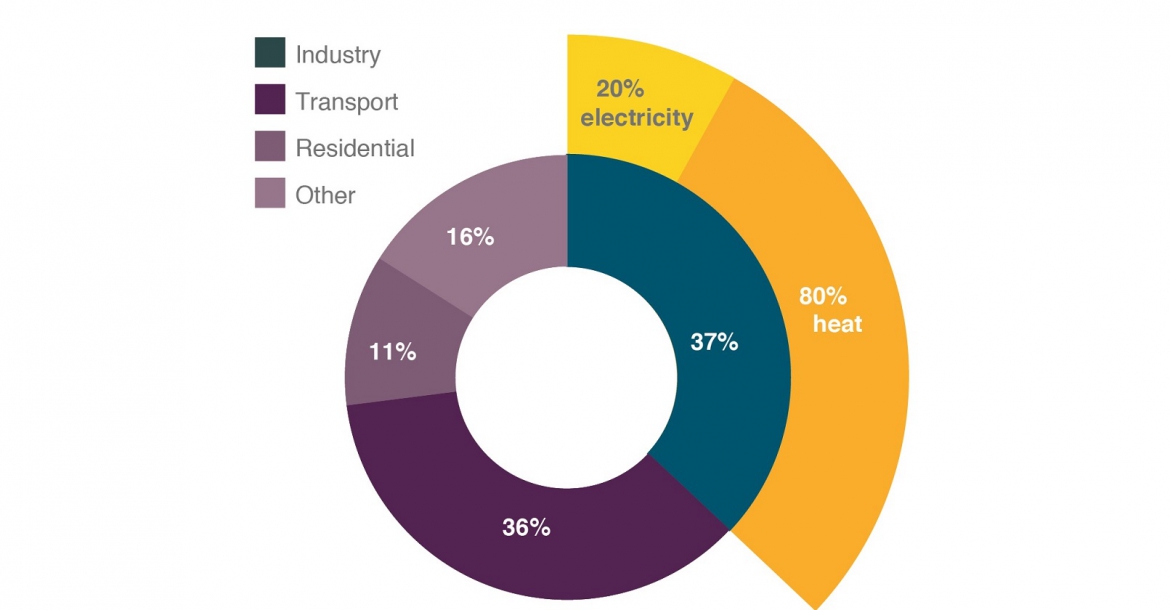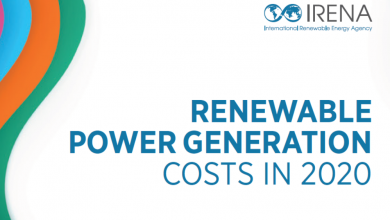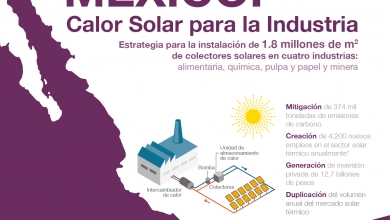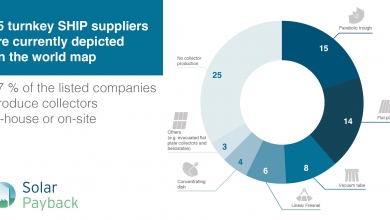MCTIC requires 30 % emission reduction in industrial sector

The industrial sector is the largest energy consuming sector in Brazil and the fastest growing as well. In 2016 energy at 84.18 Mtoe (equal to 3.5 EJ) was consumed in the industry, which almost doubled from 43.5 Mtoe in 1990. The total final end energy consumption added up to 229.12 Mtoe (9.6 EJ).
The Solar Payback partners assess a big pressure on the industrial sector related to climate change policy, since the national greenhouse gas emission reduction strategy relies heavily on the industrial sector. According to the strategy 2030 published by the Ministry of Science, Technology, Innovations and Communications (MCTIC) in 2017 end consumer industries like automotive as well as appliances and food and beverage should reduce its emissions in 2030 by 30 % compared to the reference case.
Since heat is dominating the final energy demand in the industry with 80 %, SHIP technologies can play an important role in achieving these greenhouse gas emission reductions.
SHIP is, however, not a recognised green energy source for the industry in Brazil yet, although there are more than 500 installations worldwide supplying solar heat to manufacturing units. It is absolutely necessary to „increase the dissemination of knowledge on the subject and support the local manufacture of equipment for this purpose”, said Sergio Ypiranga dos Guaranys, Head of Energy at the Secretariat of State for Civil and Economic Development.
The Solar Payback partners plan to publish a market assessment report on SHIP for Brazil at the end of March. In this report they analyse suitable industries/production processes for SHIP and carry out pre-feasibility studies to evaluate the economic feasibility of SHIP technologies in different industrial applications.



